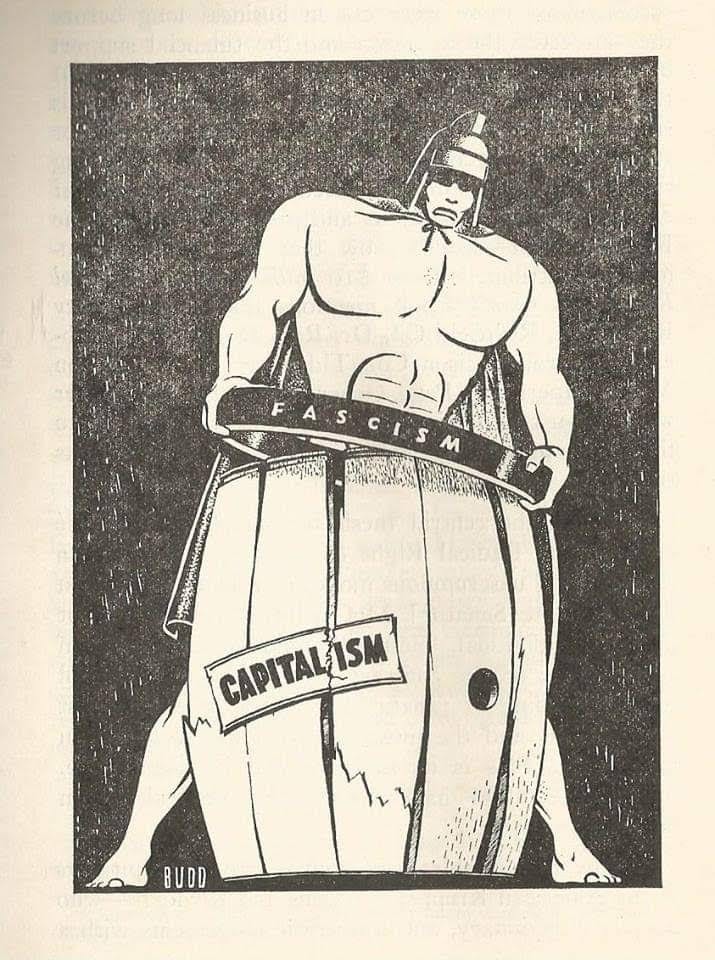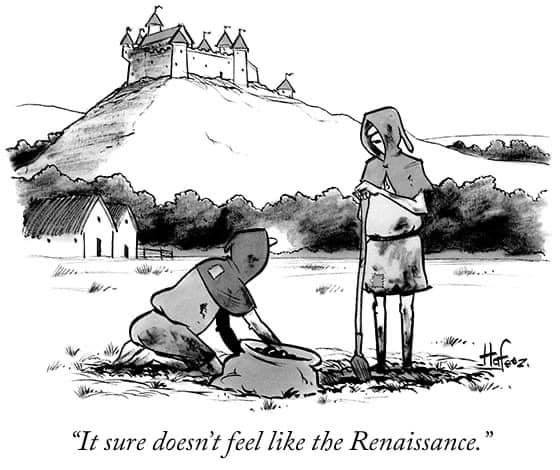We’re in a mess, our worship of the #deathcult has driven emissions to another record: the world’s CO₂ levels jumped by 3.5 parts per million from 2023 to 2024 the largest single-year increase on record. Our decision to leave the #nastyfew in charge – our short-sightedness and worship of greed – has pushed the planet beyond the stable ecosystem that supported human life. We have done this for nothing, only for big numbers to go up, for nothing. The one planet we know that can support life is being burnt to a crisp for nothing.
There are two reasons. First: we’re still burning, still digging, still feeding the growth obsession. Emissions are rising – the curve is bending, but not nearly fast enough. Second: the planet’s natural buffers – forests, wetlands, oceans – are weakening. The carbon sinks are choking: less CO₂ is being absorbed and more remains suspended in the atmosphere.
The math is brutal and simple: more in, less out. The atmosphere fills faster; the climate accelerates. This isn’t a surprise – scientists warned us for decades – but the facts are stark: we’ve locked in more than 1.5°C of warming. The UN has said it plainly. In the UK, the Climate Change Committee told the government to start planning for a +2°C world. That’s not a prediction, it’s a plan for failure.
If we want credibility beyond our grassroots #DIY bubble to change and challenge a wider #mainstreaming audience, we must call out both corruption and profiteering within the so-called eco industry as well as celebrate any genuine innovation. Otherwise, billions are spent on initiatives that inflate costs while ‘eco leaders’ jet around in privilege and luxury. Tens of millions in the West are angry about this corruption and injustice. But the effect is negative, that anger is feeding a hard shift to the right which will #block any meaningful progress toward sustainability.
The problem isn’t that we don’t know what to do. The solutions exist and are already working in many places, but we’re not scaling them quickly enough. Renewables are expanding, but too slowly. Deforestation is slowing, but not enough to save the canopy. Methane-detection and fixes are finally being reported more widely – responses have risen from around 1% to 12% – but that’s still negligible compared with what’s required.
The story of the living world since 1970 is one of catastrophic loss: roughly 73% of wildlife populations wiped out. The curve may flatten slightly at the end, but only after the living world has been gutted. That’s not balance, that’s exhaustion.
The catastrophe we are facing is because of a tiny number of powerful actors and their enablers, pushed past tipping points in multiple systems. Warm-water corals have crossed thresholds: the ocean is too hot for recovery in many regions; collapse is now locked in. The Amazon risks drying into Savannah. Ice sheets are destabilising. Methane is beginning to be released from thawing tundra. We’ve crossed a red line.
Meanwhile, political theatre keeps serving up delays and rollbacks. A global carbon tax for shipping was scuppered by hardline actors; the Net Zero Banking Alliance collapsed under pressure. While leaders squabble, the Atlantic produced one of its strongest-ever storms for this time of year – Hurricane Melissa – supercharged by waters heated by our pollution.
For anyone paying attention, recent months have been the worst climate months on record, not only in numbers but in meaning. We’ve forced the planet into feedback loops. Scientists warned this would happen; watching it unfolds brings a new grief.
Yet despair is not a plan. The #deathcult wants us paralysed, to claim “it’s too late.” But this isn’t binary. A planet at 1.5°C is bad; at 2°C it’s worse; at 3°C it’s catastrophic. Every fraction of a degree matters. Most projections today point to a 2.5–3.0°C increase by century’s end under optimistic political assumptions. A more realistic projection, accounting for slower, fragmented action, could be 3.0–3.5°C by 2100.
From a #spiky perspective: Western electorates are increasingly choosing far-right, climate-denying parties. Growth is capitalism’s lifeblood, but it’s death for the environment. Leaving decisions that affect society to a tiny, profit-driven minority is morally unacceptable. This isn’t a technological problem we lack the tools to solve – we have the tools. Instead, a relatively tiny number of selfish actors and their fear and greed are blocking meaningful change.

From a #fluffy perspective: Individuals, billions of us, can act. Start with these everyday steps:
Eat a plant-based diet instead of meat and dairy.
Use public transport, cycling and trains instead of cars.
Buy less; choose used over new whenever possible.
Insulate homes and reduce energy consumption.
Support and use renewable energy: solar and wind.
We can’t walk away from this, the only option is challenge. Reconciling this fluffy and spiky debates is the hardest part: we must act without illusions. We may never “win” in a clean, final sense, but our actions still matter. The difference between 2°C and 3°C will cost billions of lives. The difference between despair and defiance is the grassroots #DIY future we need to seed and grow.
From the spiky side, some argue for direct action: break laws that protect destructive industries, sabotage systems that perpetuate ecological harm, or withdraw labour to halt the economy. These are radical proposals with profound ethical and practical consequences.
From the fluffy side: consider moderating those impulses. Channel energy into mass organising, nonviolent direct action, community resilience, and building alternatives that scale. We need both defiance and construction: refuse what destroys us and build what sustains us. That is how we turn grief into resolve. From the fluffy side, maybe mediate your blocking of this needed spiky path?







